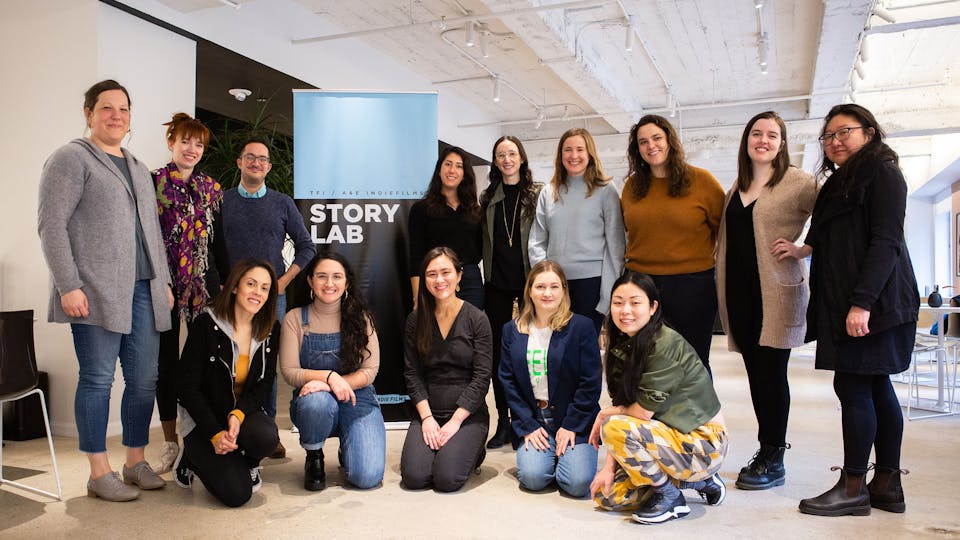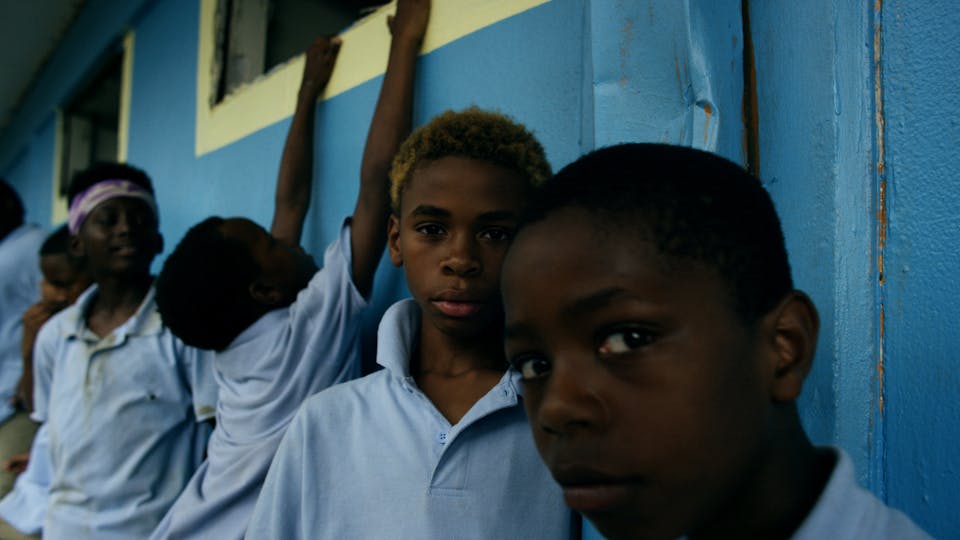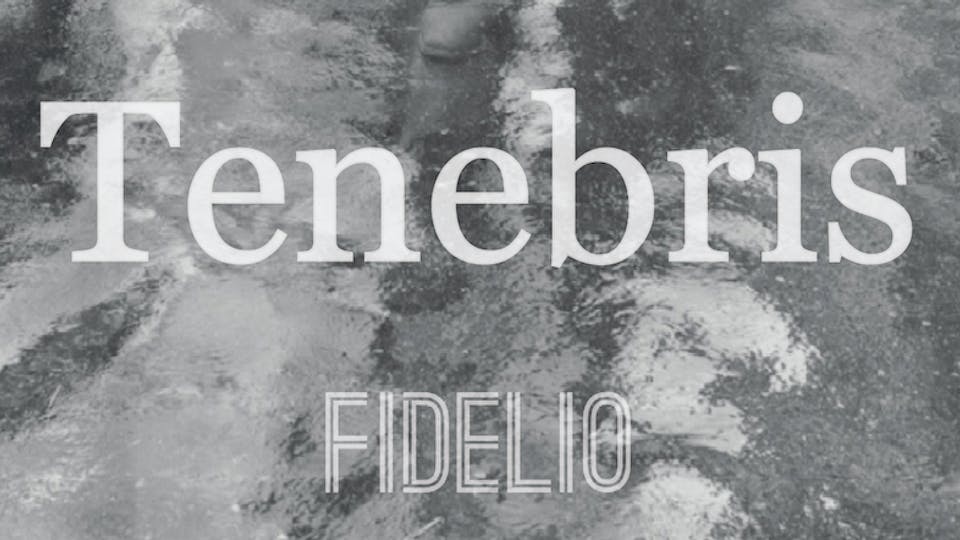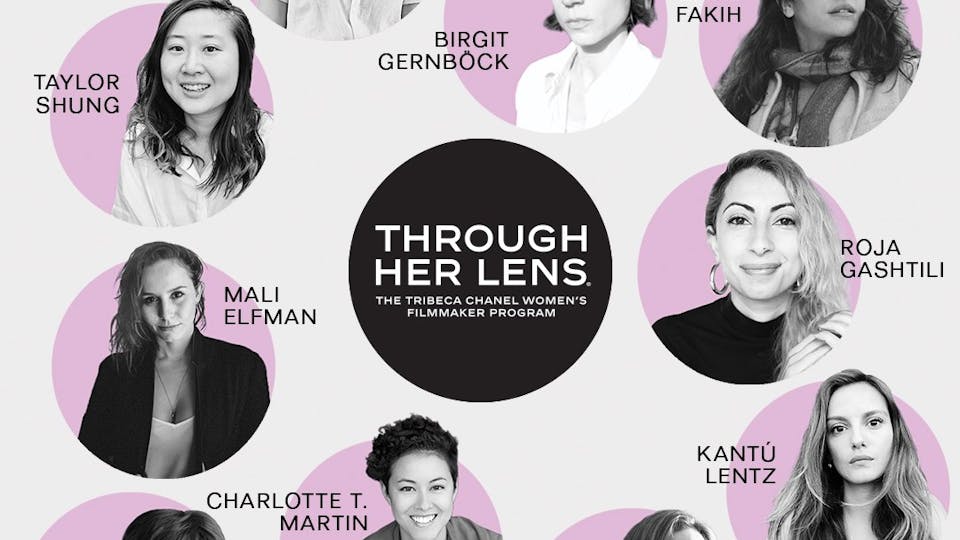Film Fest Tips: Hire A Publicist

You got into Sundance! Great! Amazing! What do you do now? SOOO MUCH.
When your film gets into any of the major festivals (Sundance, Toronto, Berlin, Cannes, Tribeca ect) it’s likely you are filled with a mixture of excitement and anxiety—especially if you’ve never gone through it before. There are a number of things you should start taking on before packing your bags and flying to the big premiere. This is our first in a series of posts dedicated to some of the essentials any filmmaker needs to have a successful festival experience. On tap: hiring a publicist. Here one of New York City’s prominent indie publicists, Susan Norget, takes time out of her busy schedule to answer our questions via e-mail. Having handled over 250 theatrical campaigns (including Oscar winner Man On Wire, pictured above), she’s worked with everyone from Werner Herzog to Miranda July and is a fixture at the major festivals. Her reputation for only taking on films that strike a cord with her has made Norget a favorite of auteurs and respected among journalists. Below she candidly answers some of the questions that may be rattling around in your head right now.

At the risk of sounding self-serving (and I'd encourage festival virgins to consult with their more experienced industry peers for their perspectives as well), I think having a good, well-connected publicist on your side can be invaluable. I would definitely qualify that by saying some films (frankly, those that start out with more inherent commercial and/or artistic appeal or social value) will benefit from it more than others, but a publicist can be one of the most crucial people on your festival team. In addition to helping position the film (determining its greatest strengths, its potential challenges and working out the most compelling media angles) and developing strong publicity materials, at a major film festival, where there are hundreds of journalists accredited, a good publicist will know how to reach them and, more importantly, will know WHO to reach. In many cases they've spent years establishing and developing these connections and have developed strong relationships with some of the most influential journalists in the process. I often liken a big part of the festival publicity process to matchmaking—I'm matching films with the journalists, critics, bloggers, etc. who I think a film is most likely going to appeal to based on what I know about the person's sensibilities/tastes/interests as well as the particularities of their media outlet. I'm also determining who are going to be the most important press for the overall campaign. Mapping out who those key targets are is a big part of the pitching process. In addition to getting press to see the film—and, with luck, cover it—a publicist will gauge their responses and relay that information to the rest of the film's team—from producers to sales agents, the latter of which—if it's a film looking for distribution—will in turn share the most positive reactions with potential buyers. In addition to press, a seasoned publicist will also be familiar with all the most important buyers, festival programmers and other key players and will likely be informally talking up your film to the right people in those quarters and, where appropriate, can help facilitate introductions. In that way, I see my role as something of a "connecter," as much as the person responsible for press coverage. It's generally not necessary but really depends on the film, publicity budget etc. Bigger films—be it a significant documentary project or a drama with ambitious, multi-faceted PR expectations—can especially benefit from early planning, but an honest publicist will tell you what sort of timeline they'd really need to do a proper job of it and give you the most bang for the buck. At the very least, I think it's a good idea to approach your preferred publicist—or shortlist of publicists—prior to being accepted, if at all possible (it's usually low on the list of priorities for many filmmakers racing to finish their films, which I understand), just to suss out their basic interest, affinity for the project, whether you feel you have a rapport with them, etc. When your film does get accepted, that earlier vetting process (and, believe me, it goes both ways—we're feeling you out too) makes the next stage in formally engaging a publicist a shorter one. It's especially important to keep this in mind in light of the fact that the more in-demand publicists and publicity agencies often book up soon after the festival program is announced. In the vast majority of cases filmmakers and distributors (as well as some sales agents) find me. In many cases it's people I've worked with before who have a sense of the kinds of films I'm interested in and what might be a fit with my taste and sensibility. In other instances it's through recommendations from filmmakers and other people in the industry who know me and my work, or maybe it's someone who's just done some extensive Googling of indie film publicists and has gone to our website and approached me cold. Very occasionally I'll approach a distributor if I've seen and loved a particular film at a festival like Cannes for instance (the one festival where I actually find some time to see films), fallen in love with it and have heard that it was acquired. But the bottom line with any of these scenarios is that I have to see the film and get excited about it—and feel I can get some press traction for it—before considering taking it on. What are some of the materials you expect from a film's producer when you come on to handle their film? The most basic materials are a selection of good high-res film stills, from which I can work with the filmmakers to select a strong set of key images, and the basic building blocks of the written materials that will go into a press kit (a synopsis, cast/crew bios, credits, etc.). The more materials that have been pulled together prior to my coming on a project, the less time I have to spend doing it and the more time I have to get out there and actually do the job of promoting the movie. Wow—there are so many! One is definitely that a publicist can help you get accepted into a festival by getting press coverage for your film in advance and by talking up the film to festival selectors. Any festival programmer worth his or her salt is going to accept a film based on their own sense of its merits, not articles written about it or the enthusiasm (however respected that person might be) of a publicist. The same goes with festival awards. Publicists can be instrumental in raising the media profile of a film during a festival but that has no bearing on whether it'll win an award. That's purely for the jurors to decide. What should a filmmaker ALWAYS do when working with you? Be available and communicative. Once I start on a festival film, my team and I hit the ground running and depend on frequent and open communication with our filmmaker clients throughout the project. That extends to regularly batting around ideas around the publicity of the film and the general marketing strategy to being responsive to specific press requests like interviews, etc. Oh, and be on time! What should a filmmaker NEVER do? There are a few big don'ts, but—certainly at any film festival—don't think you're being helpful by arranging your own interviews and not telling your publicist (or even doing so before a publicist comes on board). It can be counter-productive, not only because it can foul up the larger press schedule they've planned, but—in some cases, and more importantly—it can negatively affect the long-term publicity goals, especially if a major interview the filmmaker has arranged independently effectively cancels out the opportunity to secure one with that outlet timed to the release of their film (helllooo NY Times!). Trust your publicist to determine the interviews that should be done out of the festival and make the necessary arrangements. There's always a larger strategy at play. In this age of DIY, why should filmmakers hire a publicist instead of going it alone? I understand that with all the social media options out there that filmmakers have more tools with which to get the word out about their films and to connect with press, but with a film festival on the level of Cannes, Sundance or Toronto, for the reasons given in my answer to your first question, I think in most cases you'd really be doing your film a disservice in not having a publicist on board. I do think that with some of the smaller regional or international festivals, you're dealing with such a small pool of journalists—and mostly local press—that it's enough to get friendly with the festival's publicity department and work with them to reach the right press. For a festival like Tribeca it's also a good idea to have a publicist given the huge number of media in New York and its importance as a film market. It really depends so much on the type of film it is (a small personal documentary vs. a more high-profile narrative with a cast of known actors for instance), the festival in which it's playing (major festivals usually demand higher fees, at least a portion of which goes to the higher overhead), whether a press kit will have to be written largely from scratch or just edited, the amount of work it will take to put together other publicity materials, and of course the length of the contract. For smaller films with shorter term contracts and the minimum of demands it will certainly start at a few thousand dollars at the bottom end and can go way up from there.






